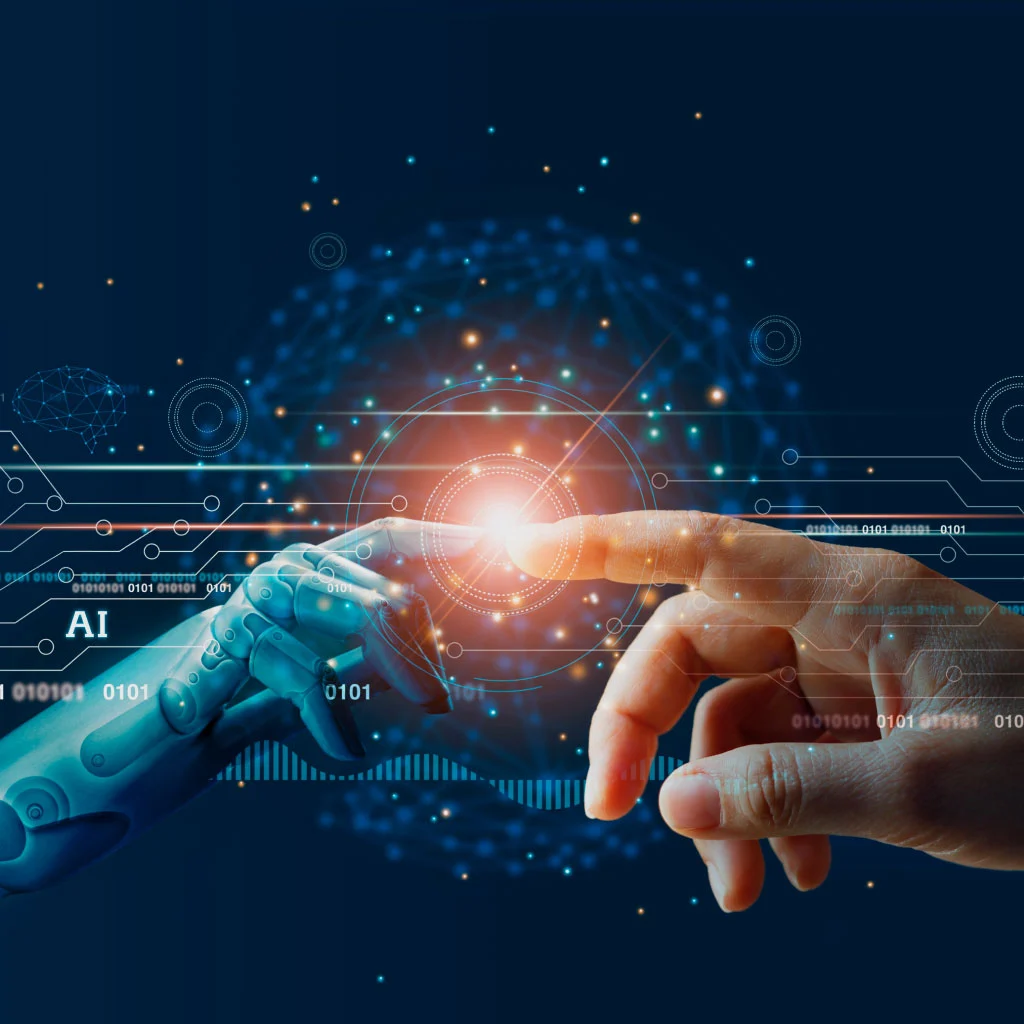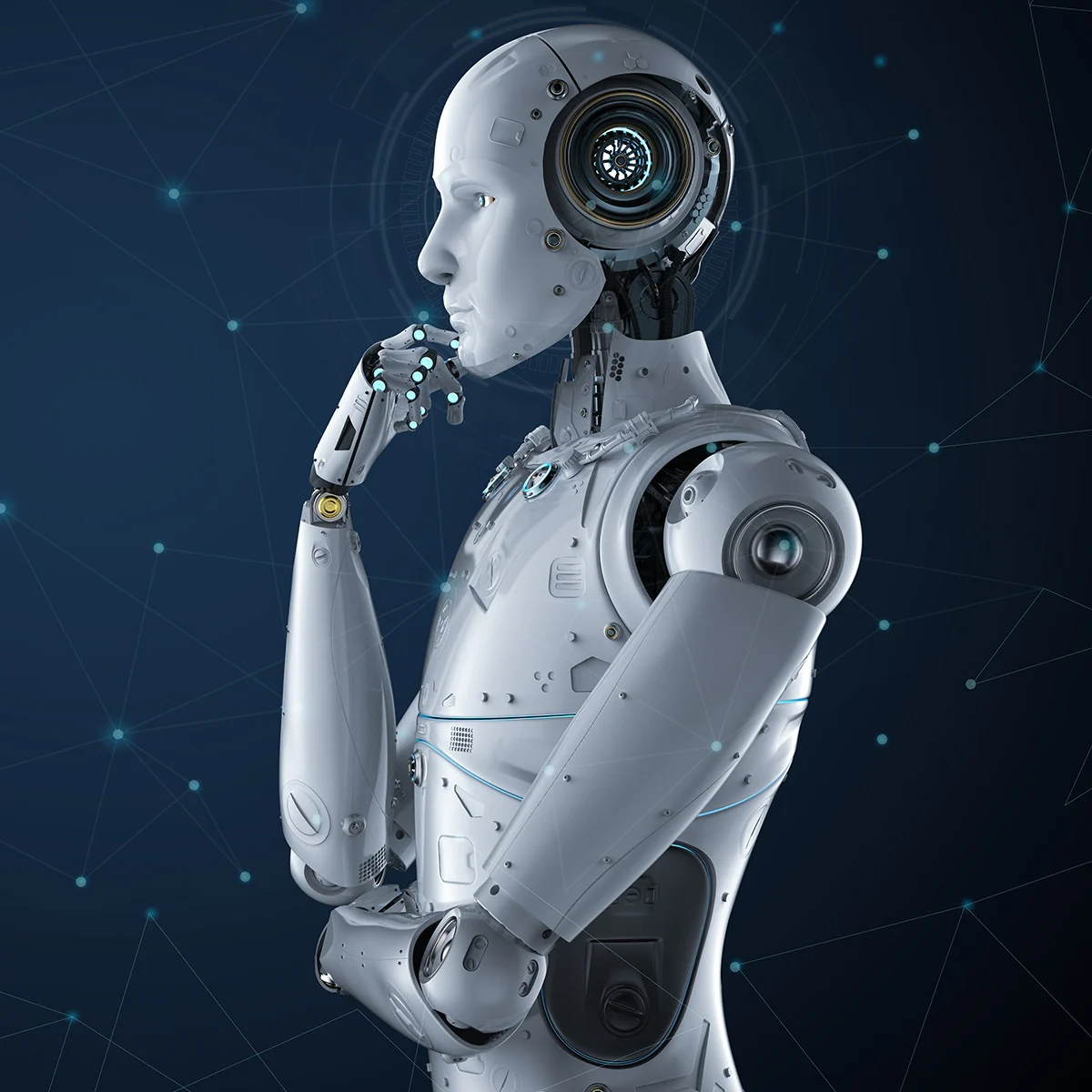From Developer to AI Engineer: Hands-On Internship & Training Program
Learn to build intelligent, LLM-powered systems and deploy real-world AI applications.

The future of software is intelligent — powered by AI-first systems that can understand, reason, and act. Yet, the industry faces a growing shortage of skilled AI Engineers who can build and integrate these solutions.
Our AI Engineering Internship Program bridges this gap by transforming skilled software developers into AI innovators.
Through structured mentorship, real-world projects, and exposure to production-level tools, this program empowers you to move from writing code to building intelligent systems that shape tomorrow’s technology landscape.
Whether you aim to advance within our organization or lead AI initiatives elsewhere, this training offers the foundation, experience, and credibility to make that leap.
Work on real AI challenges, from simple automation scripts to production-grade intelligent systems.
Gain experience with LangChain, RAG, LlamaIndex, OpenAI API, Spring Boot, and Docker—tools shaping the future of AI development.
Build a project portfolio demonstrating your end-to-end AI engineering capabilities.
Learn alongside experienced engineers and mentors who guide you through practical problem-solving.
Graduate with the skills and confidence to take on AI Engineering roles within our organization or similar high-growth companies.
Participants who meet performance expectations will receive a program certificate endorsed by the organization.

This internship is ideal for:
Applicants should have a basic foundation in Python programming, curiosity for AI/ML technologies, and a commitment to learning through hands-on projects.
Duration: 16 Weeks (4 Months)
The training is divided into three progressive stages; Beginner, Intermediate, and Advanced with each stage concluding in a capstone project that validates mastery of key concepts.
Foundations of Python & AI Programming
Participants learn the fundamentals of Python, data structures, control flow, functions, and libraries like NumPy and pandas. By the end of this phase, they can build automation scripts and analyze small datasets.
Applied Machine Learning & AI Integration
This stage focuses on integrating Python skills into machine learning workflows. Learners explore APIs, data ingestion, embeddings, and model deployment using frameworks like LangChain and OpenAI API.
Advanced AI Workflows & Intelligent Systems
Trainees design and implement Retrieval-Augmented Generation (RAG) pipelines, build chatbots with vector databases, and wrap AI models in APIs for production. Projects emphasize real-world integration and optimization.
Capstone Project & Deployment
The final stage centers on developing a fully functional AI application—such as a chatbot, summarization agent, or enterprise-level AI API—documenting the solution, and presenting it with a GitHub repository and demo presentation.
Each phase blends theory, hands-on practice, and project-based learning, ensuring participants gain both conceptual depth and technical fluency.

This isn’t just a coding course, it is an applied learning experience that helps you think, build, and solve problems like a developer.